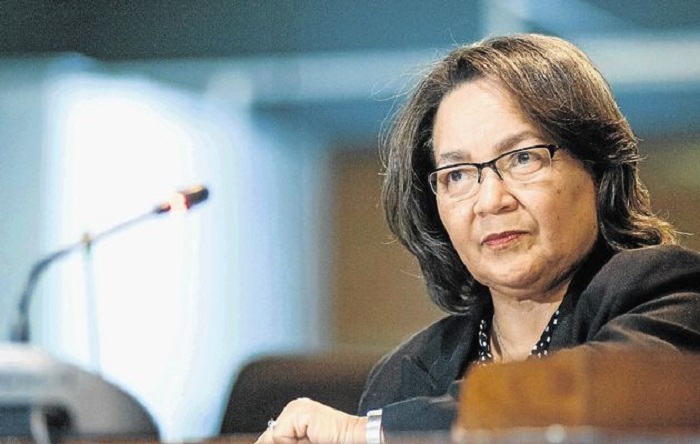The City of Cape Town’s draft budget of R44.3bn is rooted in creating a greater parity of services, Mayor Patricia De Lille says.
Presenting the 2017/18 proposal to a full sitting of council at the Civic Centre on Wednesday, De Lille said this plan was about enhancing accountability and bringing government closer to the people.
Unpacking the financial year ahead, she said there were minor decreases in the proposed tariffs for rates, electricity, refuse and disposal.
But tariffs for water were up by 9.75% from 2016. This hike was as a result of the drought crisis, De Lille said.
“We have to continue our aggressive capital programmes to ensure water security,” she said.
De Lille hit back at critics who said the City’s poverty alleviation programme was “overly generous”.
She said the social package would increase to R2.7bn, from R2.5bn, while households which were financial burdened would be exempt from the tariff increases.
De Lille said that the proposed financial commitments were geared towards supporting the City’s Organisational Development and Transformation Plan (ODTP), which she has previously described as a plan to change skewed apartheid-era planning and development spending patterns.
‘This the public’s money’
The City had also broken down the expenditure per area, to show where the money would be going, and De Lille urged residents to have a look at it and to tell her what they think.
“I really want to make an appeal to all residents to exercise their civic duty and give us their input,” she said.
“I want the public to remember that, even though the City is the custodian and I am the accounting officer, this is their money.”
De Lille has proposed a Capital Budget for 2017/18 of R6.8bn and an operating budget of R37.5bn.
According to the proposal document, capital projects include R23m for the Dunoon Library construction, a R28m housing project in Macassar, and a R66m road project in the Kommetjie/Ou Kaapse Weg area.
To address the effects of the drought, possible plans include emergency drilling of boreholes into the Table Mountain Group Aquifer, with a yield of approximately two million liters per day, and a small-scale desalination package plant, located along Cape Town’s north-western coastline, with a yield of approximately two million liters per day.
This money would come from “reprioritisation” of expenditure, and was line with the City’s declaration earlier this month of a local disaster.
Dam levels are currently around 27%, with 10% of that difficult to harvest – effectively leaving only 17% of the usual water supplies until the winter rains come.
Indigent relief for the most vulnerable went up from R1.1b to R1.3b.
Assistance for poor households
Some of the proposed ways of helping poor households include:
– Any household with a gross monthly income of R4 000 or less will get a 100% rates rebate;
– For the senior citizen and disabled person rates rebate, the maximum monthly household income is R15 000;
– Firstly, previously all households received 6kl of water per month/household free of charge. For 2017/18, the proposal is that 6kl of water is only free for properties valued at less than or equal to R400 000;
– For 2017/18, the proposal is that the 4.2kl of sanitation is only free for properties valued less than or equal to R400 000.
De Lille said that plans were still on track to rebuild Imizamo Yethu, which was devastated by a fire on March 12.
[Source: News24]





 WhatsApp us
WhatsApp us 

